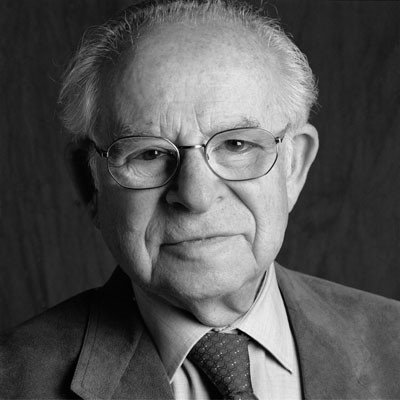“I asked him about my mother and what really happened to her. He told me he was ordered to send her and my uncle to Darmstadt.” At that moment, for German refugee-turned-American soldier Eric Rosenfeld, time stood still. “I carried a pistol; the war was not over. I was in complete control. If I shot him, I would not be held accountable. What he had done to my family, to my childhood… all the pain and suffering I had experienced…it was unforgivable. All because we were Jews.”
With emotions churning, Eric drove the mayor of his former hometown back to city hall. “Finally my head cleared and I realized I would not let him make me the animal he was. My heart tells me to take revenge but my head tells me I cannot sink to his level.”
In Germany in the late 1930s, Eric had seen schools and synagogues burned to the ground and businesses posting signs that said, “Jews bring us disaster” and “Jews perish.” Eric and his mother appealed to the American Consulate for permission to enter the United States. He was assigned the number 22,000, but his mother’s number was 33,000; this variance ultimately meant life or death.
Eric left Germany for New York, where he could live with relatives. In 1944 he joined the American Army. “Because I could speak German fluently, I was assigned to the counterintelligence corps and advanced with the 103rd Infantry Division into Germany in April 1945.” Eric and other soldiers entered his hometown of Seeheim just before Germany’s surrender.

